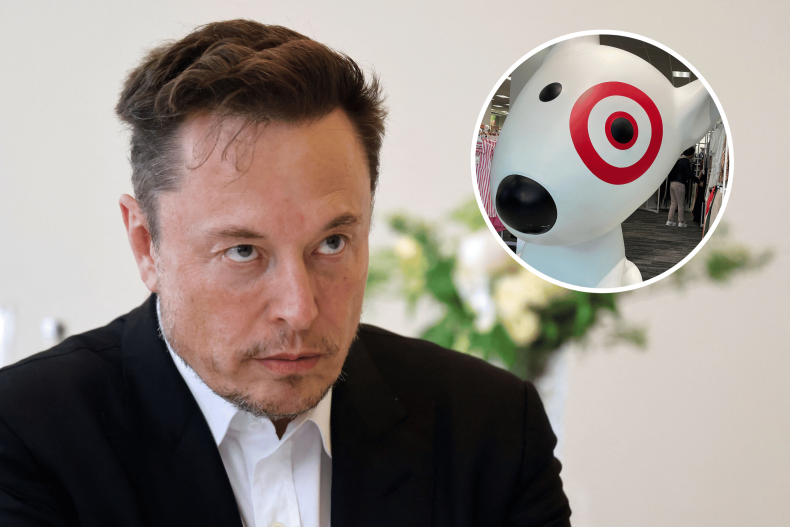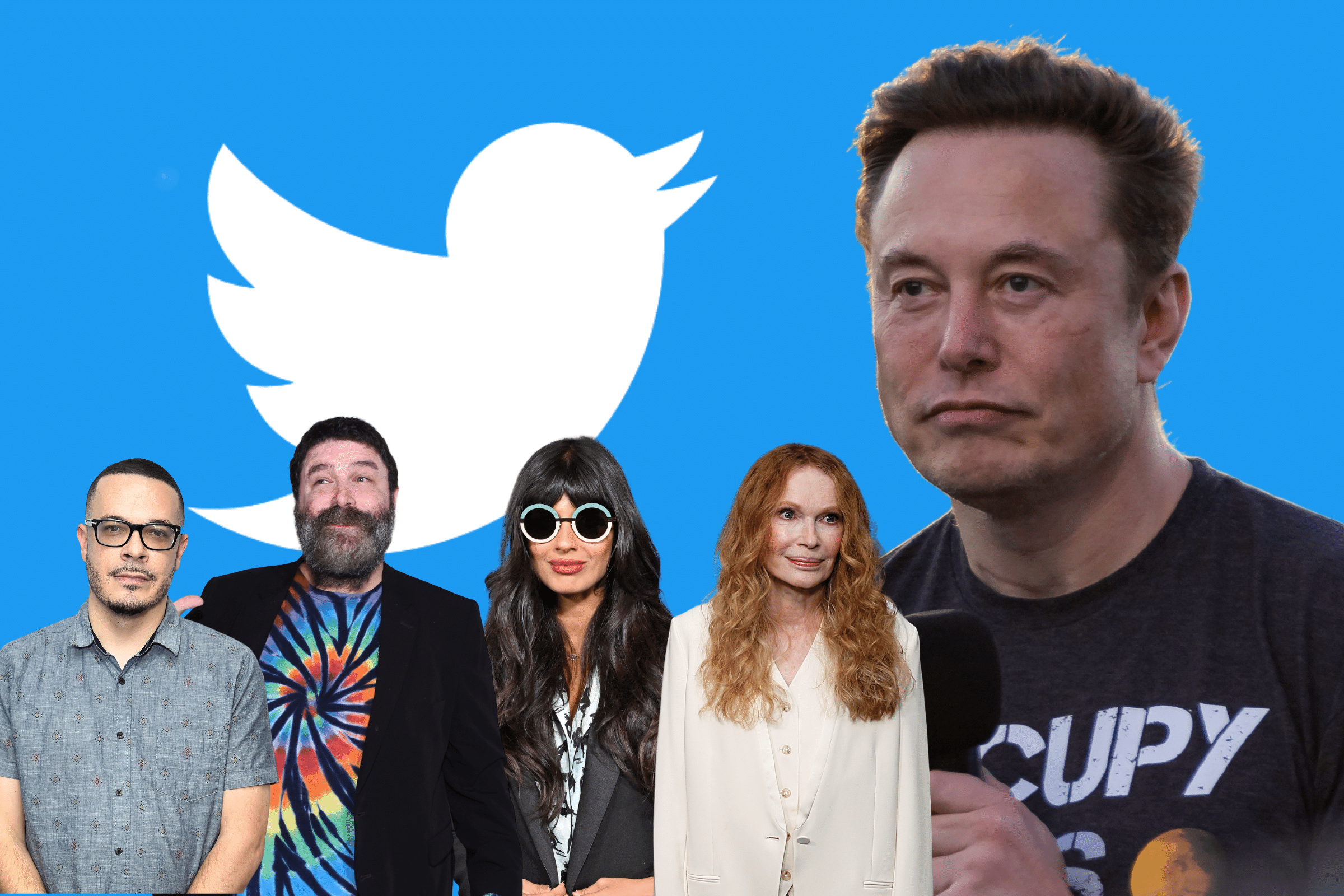So here's the deal, folks. Boycotting Elon Musk's companies isn't just about making a statement—it's about taking a stand on values that matter to you. Whether you're concerned about his business practices, social media antics, or controversial decisions, this guide is your go-to resource for understanding how to effectively boycott his empire. Let's dive in, shall we? And hey, don't worry, we'll keep it real and straightforward—no fluff, just actionable steps.
In today's world, consumer power is more influential than ever. Companies like Tesla, SpaceX, Neuralink, and Twitter (now X) are household names, but they come with baggage. For some, supporting these brands feels like endorsing actions or ideologies they don’t agree with. That’s where a boycott comes in. It’s not just about avoiding products; it’s about sending a message loud and clear.
But before we get into the nitty-gritty, let's be honest: boycotting isn't easy. Elon Musk's companies are everywhere, from electric cars to satellite internet. Yet, with the right strategy and determination, you can make a difference. Stick around, and we'll break it all down for you step by step.
Read also:Embrace The Arrival Of Spring 2025 A Season Of Renewal And Celebration
Why Boycott Elon Musk Companies?
Let's cut to the chase—why would anyone want to boycott Elon Musk's companies? Well, there are plenty of reasons. From labor disputes at Tesla factories to controversial tweets that have sparked outrage, Musk's public persona and business tactics haven't always been sunshine and rainbows. Some critics argue that his focus on profit over people raises ethical concerns, while others take issue with his influence on global issues like climate change and artificial intelligence.
Here’s a quick rundown of why people might consider boycotting:
- Concerns over worker treatment and unionization efforts at Tesla plants.
- Disagreement with Musk's management style and decision-making, especially on platforms like Twitter (now X).
- Fear of unchecked power in industries like space exploration and brain-computer interfaces.
- Resistance to the monopolistic tendencies of Musk's growing empire.
At the end of the day, boycotting isn't just about saying no—it's about saying yes to something better. Whether it's supporting ethical businesses or advocating for fair labor practices, your choices matter.
Understanding Elon Musk's Empire
To effectively boycott Elon Musk's companies, you first need to know what you're dealing with. Musk's empire is vast, spanning industries as diverse as automotive, aerospace, biotech, and social media. Here’s a brief overview:
Tesla: The Electric Car Giant
Tesla is arguably Musk's most well-known company. Known for its cutting-edge electric vehicles, Tesla has revolutionized the automotive industry. However, the company has also faced criticism for alleged worker exploitation, resistance to unionization, and environmental concerns related to battery production.
SpaceX: Reaching for the Stars
SpaceX is Musk's aerospace venture, famous for its reusable rockets and ambitious plans to colonize Mars. While inspiring, some worry about the ethical implications of privatizing space exploration and the potential for corporate monopolies in outer space.
Read also:Daniel Davis
Twitter (Now X): Social Media Controversy
When Musk bought Twitter in 2022, it sent shockwaves through the tech world. His tenure has been marked by layoffs, policy changes, and controversy. Many users feel alienated by the platform's new direction, prompting calls for a boycott.
These are just a few examples of Musk's ventures. Knowing which companies to target is key to an effective boycott.
Step-by-Step Guide to Boycotting
Boycotting isn't as simple as refusing to buy Tesla cars or canceling your Starlink subscription. It requires planning, consistency, and a bit of creativity. Here’s how you can do it:
Identify Products and Services
Start by listing all the products and services offered by Elon Musk's companies. This includes:
- Tesla vehicles and energy solutions (solar panels, Powerwall).
- SpaceX merchandise and potential future space tourism.
- Twitter (X) subscriptions and ad revenue.
- Starlink internet services.
Once you know what to avoid, it's easier to stay consistent.
Spread the Word
A boycott is more effective when it's collective. Use social media, community groups, and word-of-mouth to rally support. Share articles, create hashtags, and join online forums dedicated to ethical consumerism.
Find Alternatives
Boycotting means replacing Musk's products with alternatives. For instance:
- Consider electric vehicles from other manufacturers like Nissan or GM.
- Switch to traditional ISPs instead of Starlink.
- Explore social media platforms like Mastodon or Bluesky.
By supporting competitors, you're not only avoiding Musk's brands but also promoting diversity in the market.
Overcoming Challenges
Boycotting Elon Musk's companies isn't without its challenges. Here are some common hurdles and how to overcome them:
Convenience vs. Conviction
Musk's products are often convenient and innovative. Giving them up might feel like a sacrifice. To combat this, remind yourself of the reasons behind your boycott. Your convictions should outweigh convenience.
Economic Impact
Some worry that boycotting could hurt workers employed by Musk's companies. While valid, it's important to focus on systemic change rather than individual blame. Supporting labor unions and ethical businesses can help mitigate this concern.
Staying Committed
Consistency is key. It's easy to slip up, especially when Musk's products are so prevalent. Surround yourself with like-minded individuals and keep your goals in mind.
What About the Ethical Dilemma?
Boycotting raises ethical questions. Is it fair to punish employees for the actions of their boss? Should we judge companies based on their leaders? These are complex issues that deserve thoughtful consideration. Ultimately, boycotting is about aligning your actions with your values. If you believe Musk's practices are unethical, then taking a stand becomes a moral imperative.
Data and Statistics
According to a 2023 survey, 45% of Tesla owners cited ethical concerns as a reason for considering alternatives. Additionally, after Musk's acquisition of Twitter, the platform lost over 5 million daily active users. These numbers show that consumer sentiment can influence corporate behavior. By joining forces, we can amplify our impact.
Success Stories
History is filled with examples of successful boycotts. From the Montgomery Bus Boycott to modern-day movements like #DeleteUber, collective action has brought about real change. While boycotting Elon Musk's companies may seem daunting, it's part of a larger movement toward ethical consumption.
Call to Action
Ready to take the plunge? Here’s what you can do right now:
- Share this article with friends and family to spread awareness.
- Join online communities focused on ethical consumerism.
- Start replacing Musk's products with alternatives today.
Every small action counts. Together, we can make a difference.
Conclusion
Boycotting Elon Musk's companies is more than just a trend—it's a movement. By understanding the reasons behind the boycott, identifying the right strategies, and staying committed, you can contribute to meaningful change. Remember, your choices as a consumer have power. Use that power wisely.
So, what are you waiting for? Take the first step today. And if you have questions, thoughts, or tips, drop a comment below. Let's keep the conversation going!
Table of Contents


